


Julian Leiberan-Titus
gamer level 3
1149 xp
1149 xp
followers
17
17
Use my invite URL to register (this will give me kudos)
https://boardgaming.com/register/?invited_by=dragmorian
profile badges
...
...
...
...
recent achievements

I'm Gettin' the Hang of It
Claim that you have played a game today by clicking the "Played Today!" button on a game page 10 times.
Claim that you have played a game today by clicking the "Played Today!" button on a game page 10 times.

Novice Grader
Grade 20 more reviews or tips by clicking "Yes" or "No" in response to the question "Was this helpful?"
Grade 20 more reviews or tips by clicking "Yes" or "No" in response to the question "Was this helpful?"

Sophomore
Earn Professor XP to level up by completing Professor Quests!
Earn Professor XP to level up by completing Professor Quests!

Amateur Advisor
Submit 5 game tips, strategies, or house rules and receive a total of 60 positive ratings.
Submit 5 game tips, strategies, or house rules and receive a total of 60 positive ratings.
Player Stats
Critic (lvl 2)
525 xp
525 xp
Explorer (lvl 0)
50 xp
50 xp
Professor (lvl 2)
330 xp
330 xp
Reporter (lvl 0)
70 xp
70 xp
About Me
I love all kinds of games, but prefer those that have a good mix of theme and strategy without taking too long to play. I am currently very excited about my own game, Storm Hollow: A Storyboard Game, in final production now and scheduled to come out early next year!
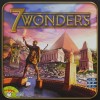
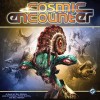
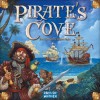



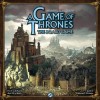







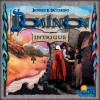
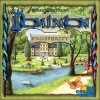
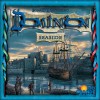





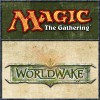
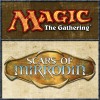



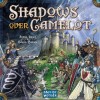
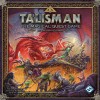




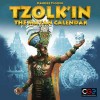


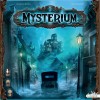


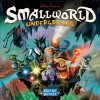
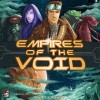


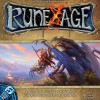
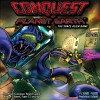
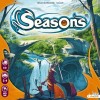


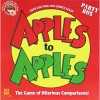


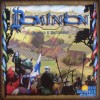


Small World
Smallworld is a light hearted territory control game that uses simple mechanics spiced up with a variety of special powers and combos to keep things interesting.
The play of the game is pretty simple. On your first turn you pick a race and get some tokens to represent your troops (usually 9-10). Each race has its own power and an additional randomly assigned special power creating new combos each game. One game might have Berserk Orcs while in the next game they might be Diplomatic Orcs.
You then place tokens on board spaces to take over territory. To take over an area, you simply place two tokens + 1 additional token for every obstacle in the space (mountains, enemy troops, etc). At the end of the turn, you grab a victory point token for every space you control. On following turns, you pick up all troop tokens except for 1 on each space and continue to take over more territory.
The only additional consideration comes from going into decline. After your troops begin to get spread thin, you can choose to put them in decline. You skip a turn and no longer get to do anything with those troops but they still score points for you as long as they are on the board. On the next turn, you get to pick a new race and start taking over even more territory. You earn points for any space your active or in decline race controls.
Smallworld has several great aspects. It plays fairly quick for a territory control game and technically you can never be knocked out of the game. The race/power combos add a lot of variety to play and the fight mechanic is simple enough that my six year old loves playing this game. The first several games you play of Smallworld will prove to be a lot fun. The fun, however, doesn’t last forever.
The simple mechanics make the game easy to learn and play but also present an inescapable problem. Eventually, the races and powers begin to become overly familiar and even a bit stale. After this point, you’re left with a game that’s as complex and intricate as basic arithmetic. Smallworld plays fast for a territory control game but it still doesn’t play real fast for a game with such simple mechanics.
Smallworld is a great choice to introduce casual gamers and young family members to war gaming. It can even entertain a more seasoned gamer in short bursts. However, Smallworld doesn’t have the depth to keep a serious strategy gamer engaged for long. There are no deep strategies to discover and no advanced moves to master. Because the powers and available races are random each game, you can’t decide to try out any specific ability or combo. The play is fun, but it fades fast.